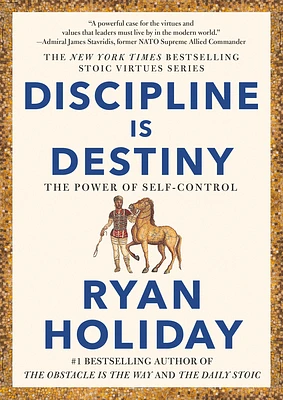Home
Self-Control in Animals and People
Loading Inventory...
Barnes and Noble
Self-Control in Animals and People
Current price: $150.00


Barnes and Noble
Self-Control in Animals and People
Current price: $150.00
Loading Inventory...
Size: OS
*Product Information may vary - to confirm product availability, pricing, and additional information please contact Barnes and Noble
Self-Control in Animals and People
takes an interdisciplinary look at what self-control is, how it works, and whether humans are alone as a species in their ability to demonstrate self-control. The book outlines historical and recent empirical approaches to understanding when self-control succeeds and fails, and which species may share with humans the ability to anticipate better future outcomes. It also provides readers with in-depth explorations of whether various species can delay gratification, the ways in which people and animals exhibit other forms of self-control, what influences the capacity and expression of self-control, and much more.
In addition to its comprehensive coverage of self-control research, the book
also
describes self-control assessment tests that can be used with young children, adults, and a wide variety of nonhuman species, with the goal of making fair and clear comparisons among the groups. This combination makes
a valuable resource for cognitive, developmental, and clinical psychologists, philosophers, academic students and researchers in psychology and the social sciences, and animal behaviorists.
takes an interdisciplinary look at what self-control is, how it works, and whether humans are alone as a species in their ability to demonstrate self-control. The book outlines historical and recent empirical approaches to understanding when self-control succeeds and fails, and which species may share with humans the ability to anticipate better future outcomes. It also provides readers with in-depth explorations of whether various species can delay gratification, the ways in which people and animals exhibit other forms of self-control, what influences the capacity and expression of self-control, and much more.
In addition to its comprehensive coverage of self-control research, the book
also
describes self-control assessment tests that can be used with young children, adults, and a wide variety of nonhuman species, with the goal of making fair and clear comparisons among the groups. This combination makes
a valuable resource for cognitive, developmental, and clinical psychologists, philosophers, academic students and researchers in psychology and the social sciences, and animal behaviorists.

















